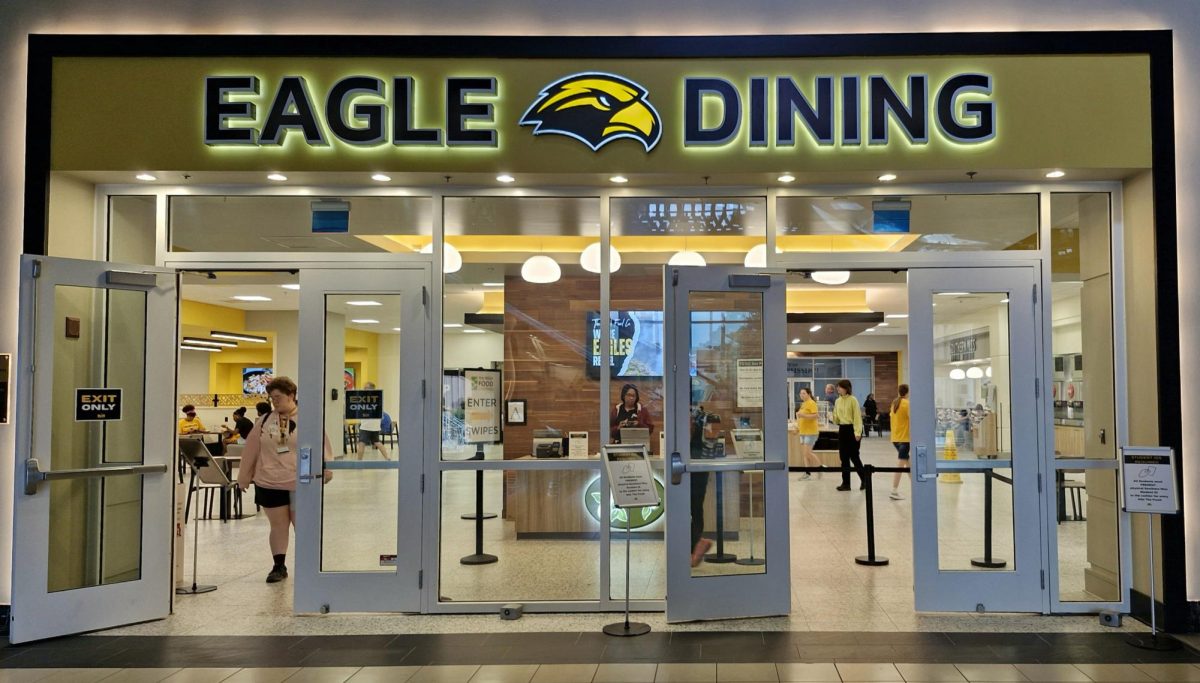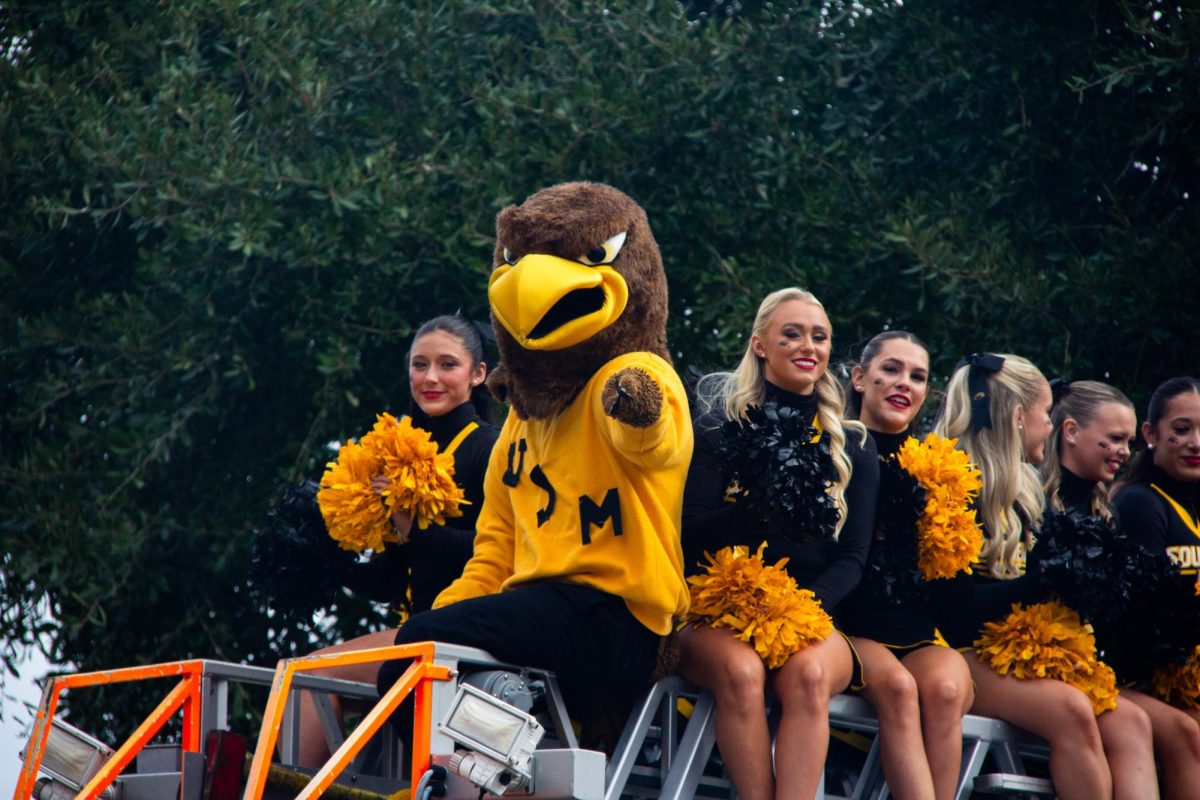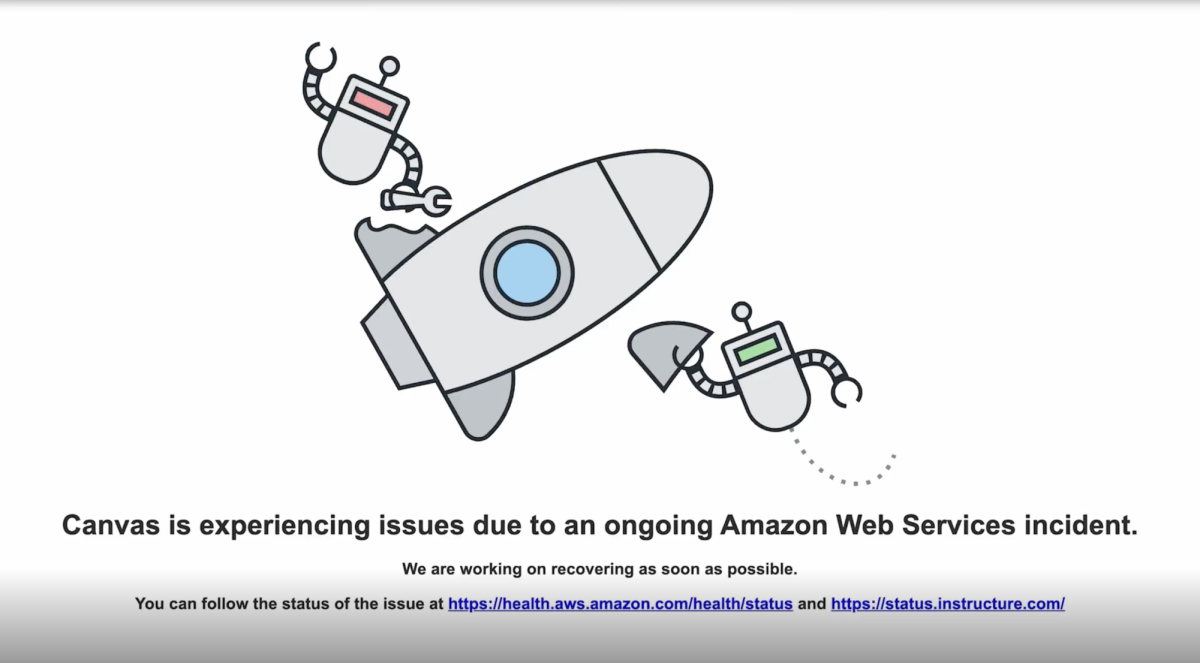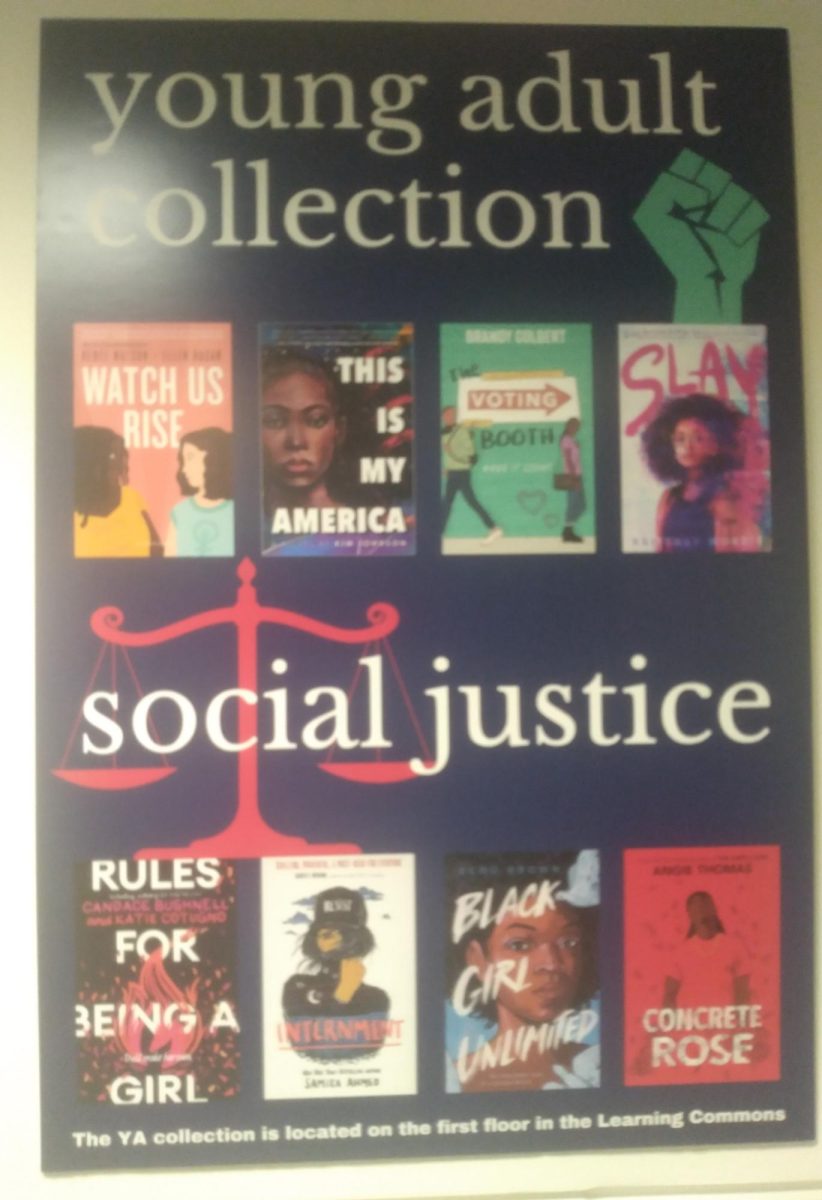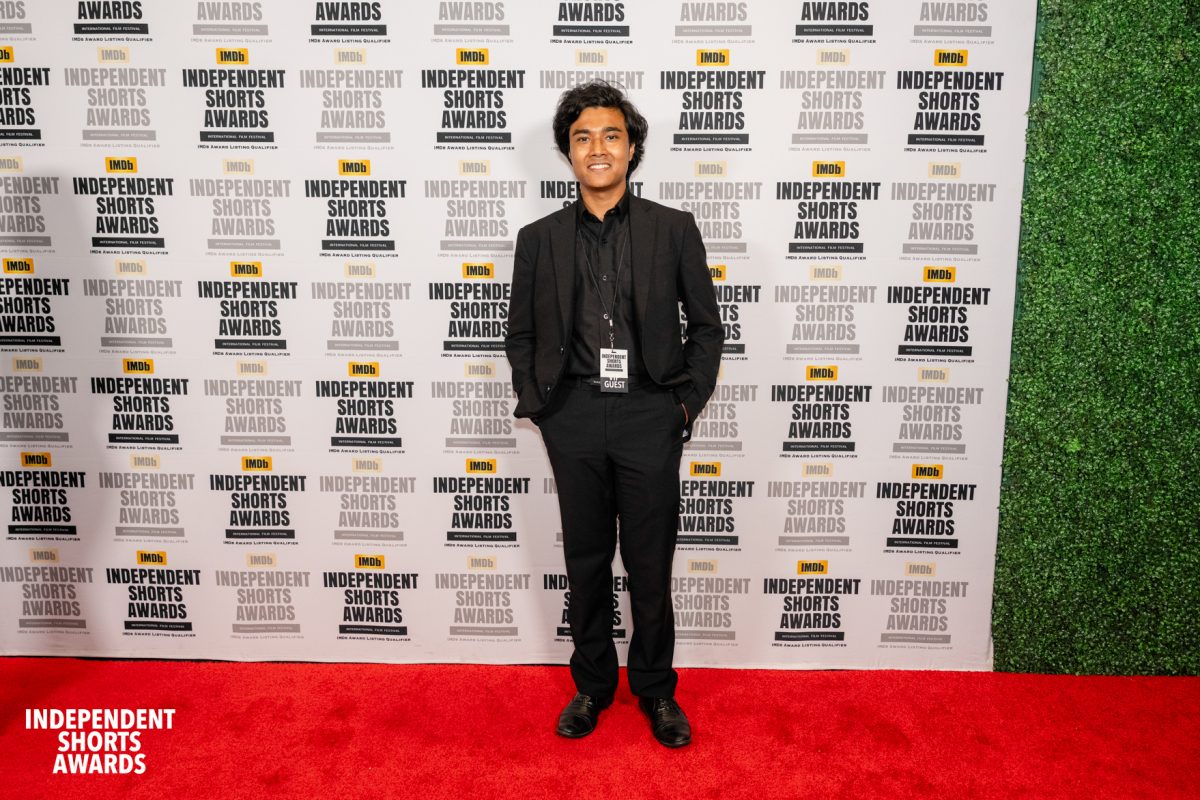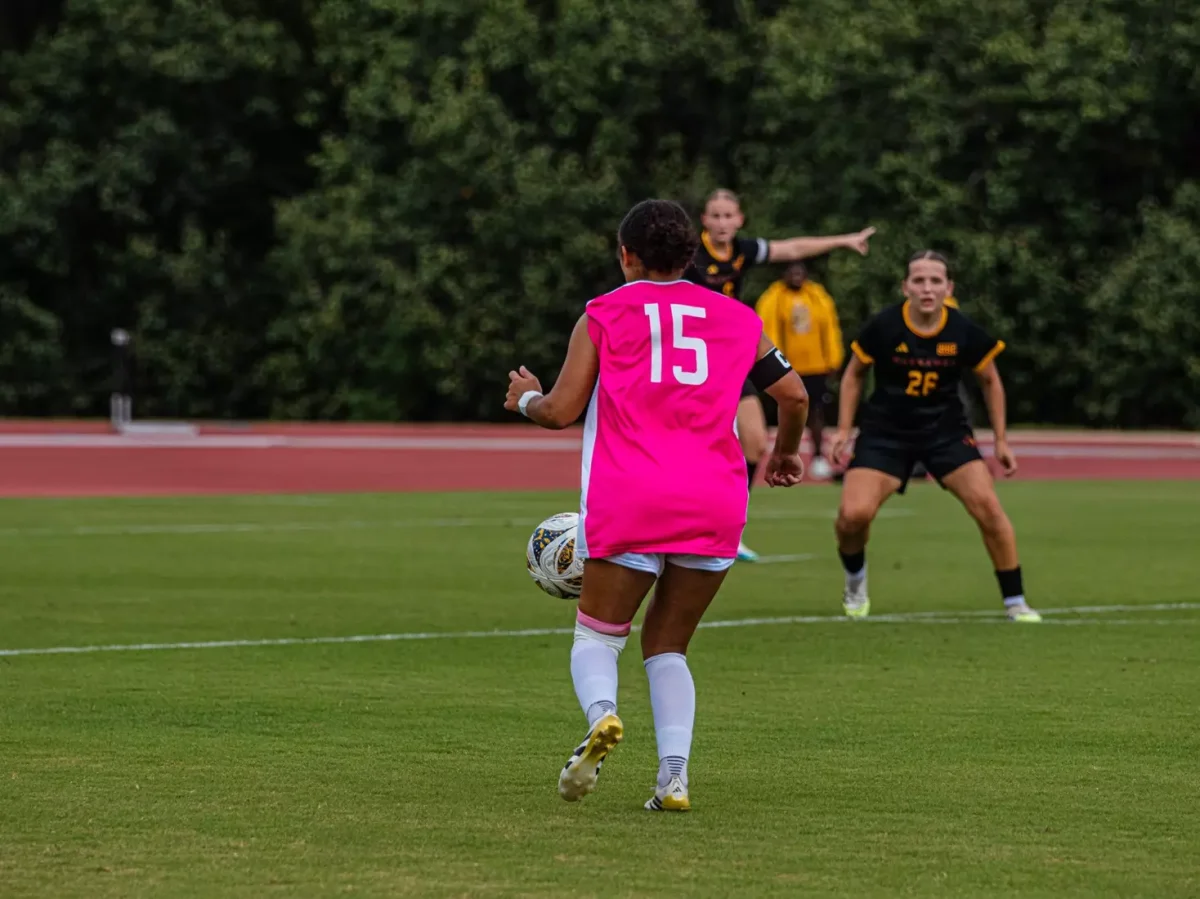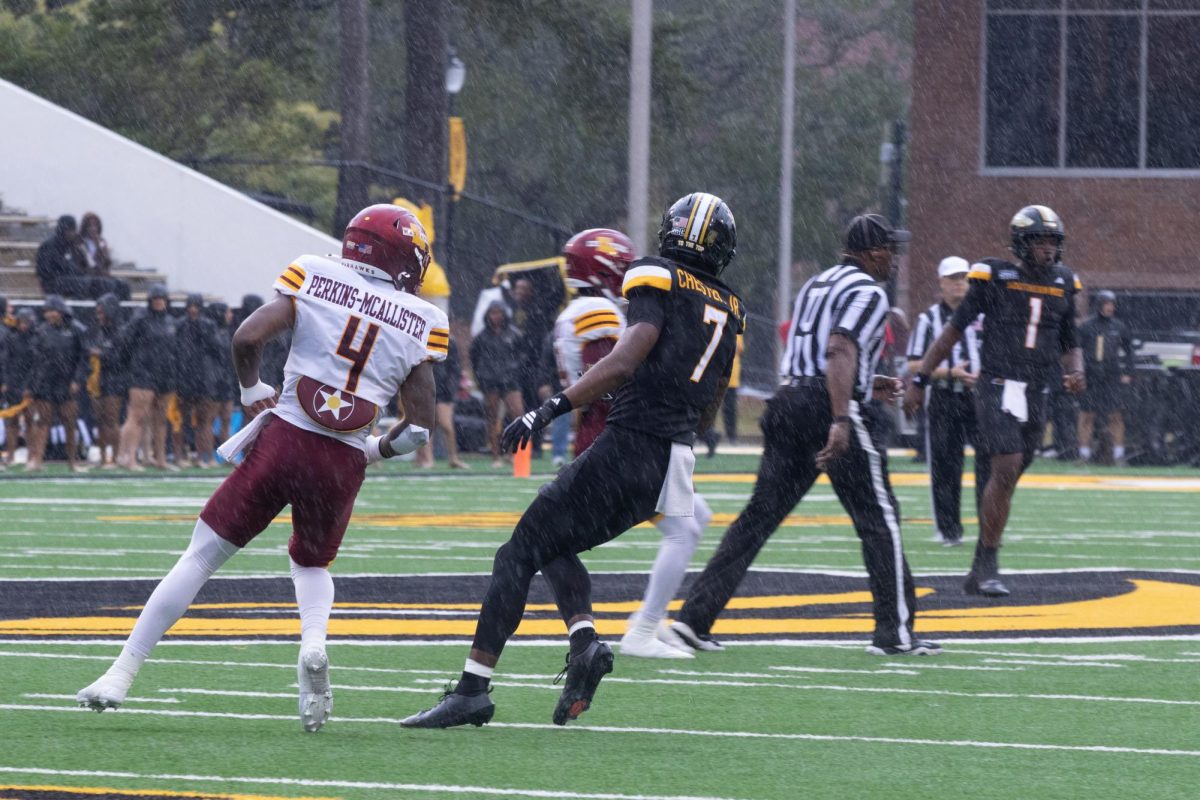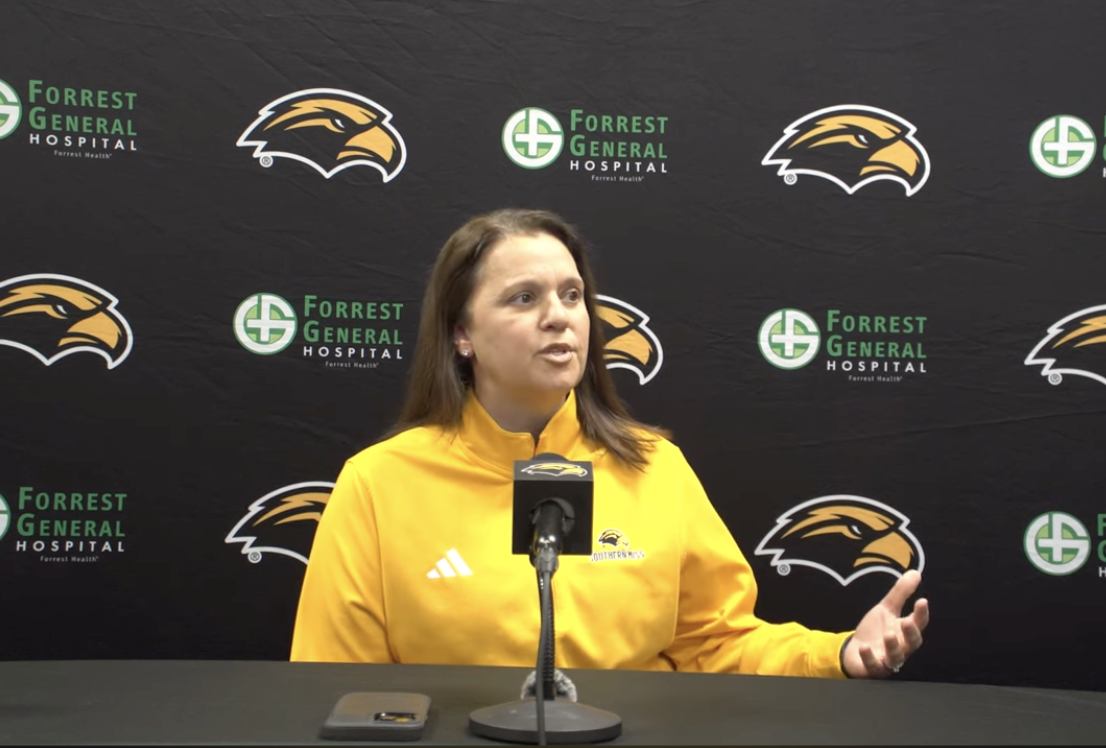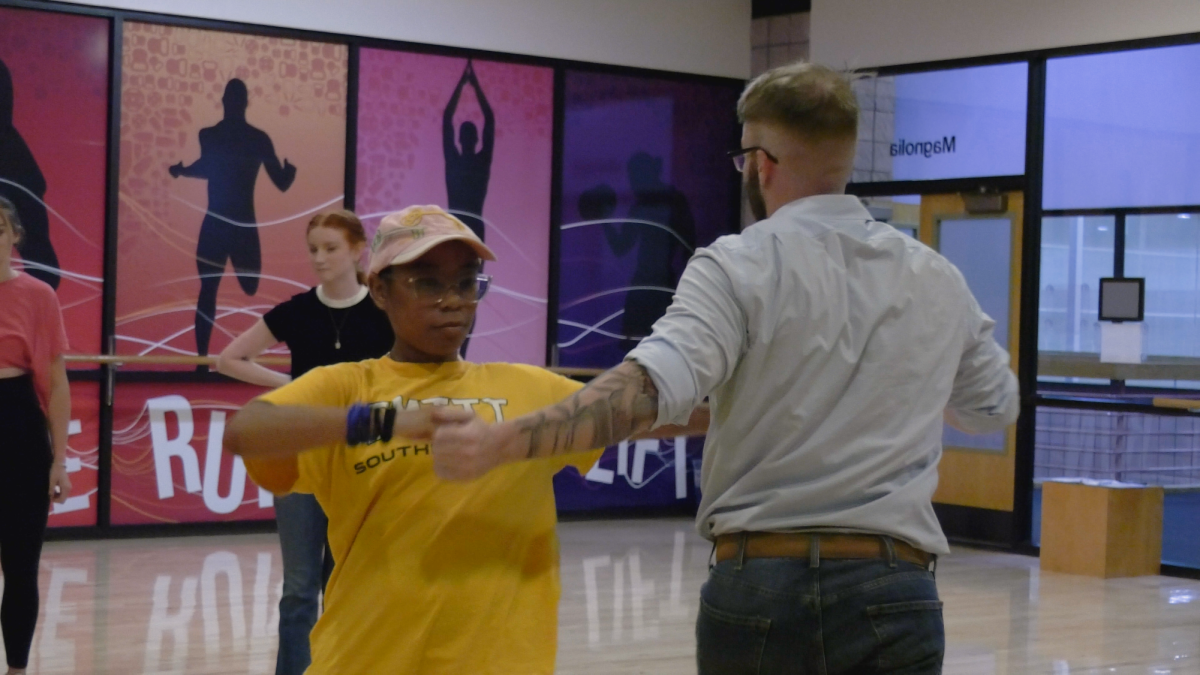In a world that can overlook the voices of people with special needs, Robert “Taylor” Carley shines a guiding light, helping them find and raise their voices.
Through his work as a self-advocacy coordinator at the Institute for Disability Studies, Carley uses his own experience with autism to help those with special needs by providing valuable information and resources.
Building on these efforts, Carley shares his wisdom with others as he reflects on his areas of growth and improvement as a self-advocate. These experiences inspired him to empower others.
“I get to help individuals who are trying to find their voice,” he said. “By sharing my story and telling others, ‘hey, I have been in those shoes. My experience may not be the same as yours, but I have been there before, and you can do it too.’”
Carley’s desire to empower others comes from his own journey with self-discovery. Diagnosed with autism at 4, he didn’t question his condition until later at Sumrall High School. During that time, he began noticing his social cues and interactions differed from others.
He struggled with social interactions, understanding body language and social cues. When he turned to his mother for answers, she reassured him: “Oh, you just have autism and there is nothing wrong with that. You just do things differently.”
Her words stayed with him, though his journey was far from easy. After graduating from high school in 2011, he found himself looking for purpose without many resources or guidance.
“I did not know what I wanted to do,” Carley recalled.
That changed when he came to IDS, where he found his purpose in life.
“They showed me skills and helped me find my voice — I would not stop yapping now, you hear me talking, talk, talk, talk,” Carley said, smiling. “But personal experiences like going into the community, giving service, giving back help me find my voice.”
Building on that experience, Carley volunteered part-time with the TRIAD AmeriCorps program through IDS in 2012 and learned how to express himself and find his voice. When he later did AmeriCorps full-time, he learned to become a leader who uses his voice not only for himself but also to guide and inspire others.
“I loved that,” he said. “That is when I was like, I want to do more with advocacy.”
For anyone seeking information, he directs people to the IDS website at usm.edu/IDS for resources, contact information, and guidance to help them find their voice and access needed services.
Building on the advice to seek out resources, Carley encourages anyone with or without disabilities to open doors to opportunities and find what they want to do in life.
“Go out there and do it. When you make those connections, you’re going to make friends,” Carley said. “When you make friends, you’re going to make those connections to find other things you want to do in life. And that’s what it’s all about.”
Furthermore, IDS offers many opportunities and services to help individuals find purpose and connections. According to IDS, the institute has various programs such as the USM LEND program for interdisciplinary training and the Transition of Teens to Adult Life program. These opportunities support youth with special needs with pre-employment needs and internships.
Carley emphasized the importance of taking advantage of these opportunities: “You are never going to know if you do not open that door first. Open it, try it.”



